A number of large-animal vets in NI have highlighted the on-going impact of the failure by DAERA to put the necessary measures in pace to rid NI of bovine viral diarrhoea (BVD).
The intervention comes at the same time as the latest BVD disease figures show that infection rates are higher than at the end of 2020, with over 1,700 cattle herds having at least one case of BVD in the last year.
In July and August 2022 a total of 374 calves have recorded test positive results, with 221 of these calves already put down.
Commenting on the data, Phil Walsh from Orchard Vets in Armagh said the science behind BVD control works, so it is “inexplicable” that there has not been a major effort put in to limit the spread of the virus.
Not aware
He pointed out that many farmers are not aware that neighbours have a BVD infection.
“This is an avoidable welfare issue, both for the cattle involved and for the farmers concerned,” he said.
Also giving his view, John Johnston of Fairgreen Veterinary Centre, Fintona highlighted that farmers are “unwittingly” purchasing cattle from breakdown herds as there is no official way of knowing that a herd is high risk.
“There is so much to be gained through eradicating BVD here, including the
potential reduction in antibiotic usage,” added Keith Sheridan from Parkview vets in Strabane.
He also pointed out that the lack of a full programme of actions to eradicate BVD in NI has resulted in a trade barrier for farmers selling cattle to the Republic of Ireland.
Read more
BVD herds to be closed up
BVD rules hit cattle exports to south
A number of large-animal vets in NI have highlighted the on-going impact of the failure by DAERA to put the necessary measures in pace to rid NI of bovine viral diarrhoea (BVD).
The intervention comes at the same time as the latest BVD disease figures show that infection rates are higher than at the end of 2020, with over 1,700 cattle herds having at least one case of BVD in the last year.
In July and August 2022 a total of 374 calves have recorded test positive results, with 221 of these calves already put down.
Commenting on the data, Phil Walsh from Orchard Vets in Armagh said the science behind BVD control works, so it is “inexplicable” that there has not been a major effort put in to limit the spread of the virus.
Not aware
He pointed out that many farmers are not aware that neighbours have a BVD infection.
“This is an avoidable welfare issue, both for the cattle involved and for the farmers concerned,” he said.
Also giving his view, John Johnston of Fairgreen Veterinary Centre, Fintona highlighted that farmers are “unwittingly” purchasing cattle from breakdown herds as there is no official way of knowing that a herd is high risk.
“There is so much to be gained through eradicating BVD here, including the
potential reduction in antibiotic usage,” added Keith Sheridan from Parkview vets in Strabane.
He also pointed out that the lack of a full programme of actions to eradicate BVD in NI has resulted in a trade barrier for farmers selling cattle to the Republic of Ireland.
Read more
BVD herds to be closed up
BVD rules hit cattle exports to south



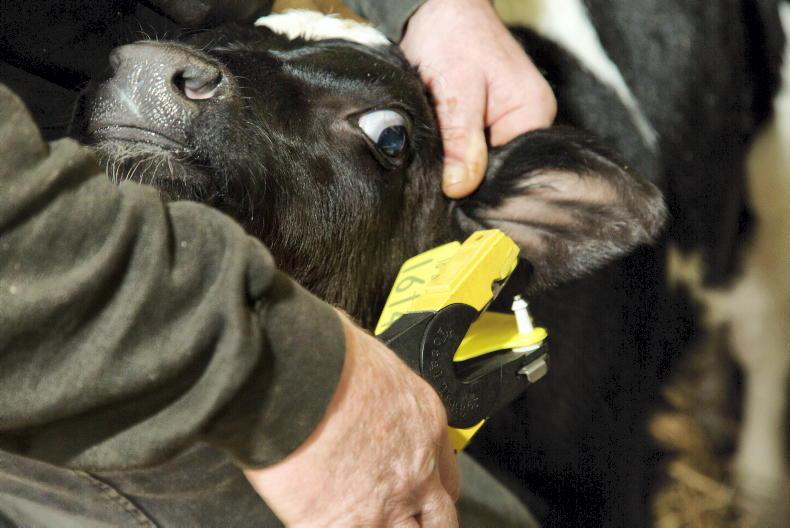

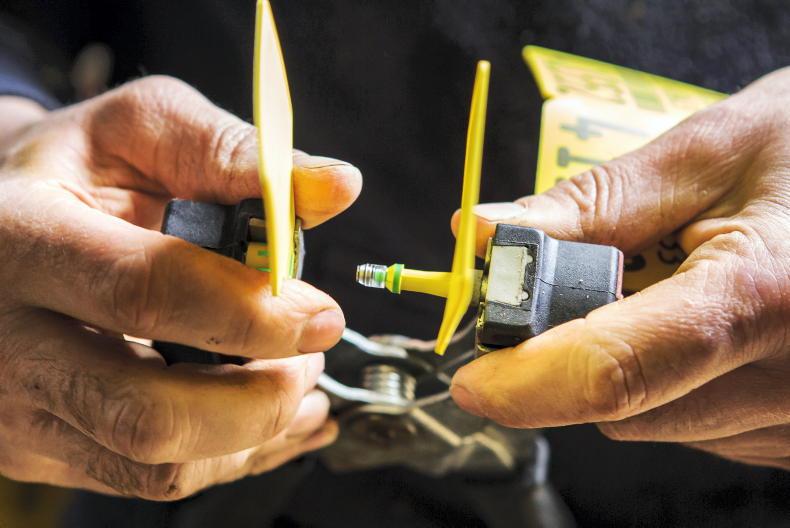

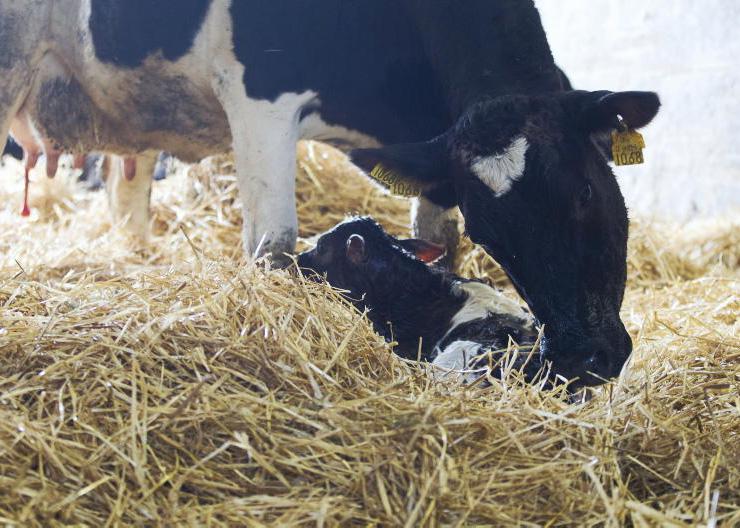
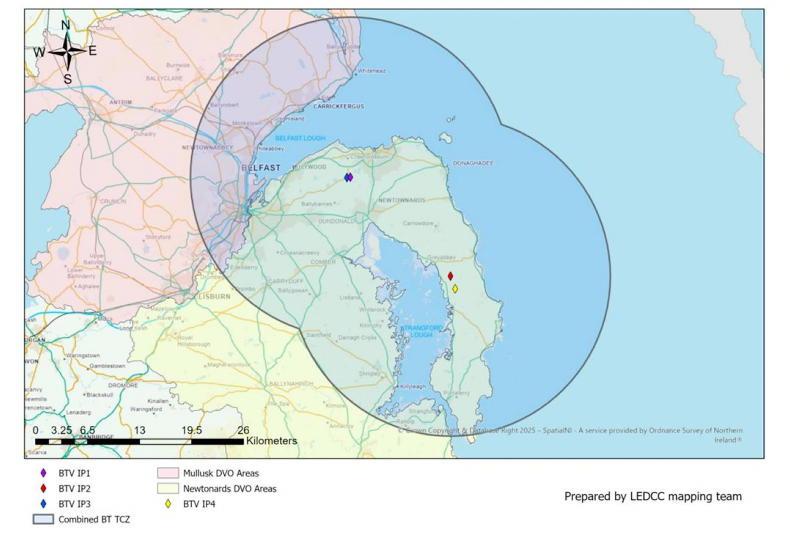
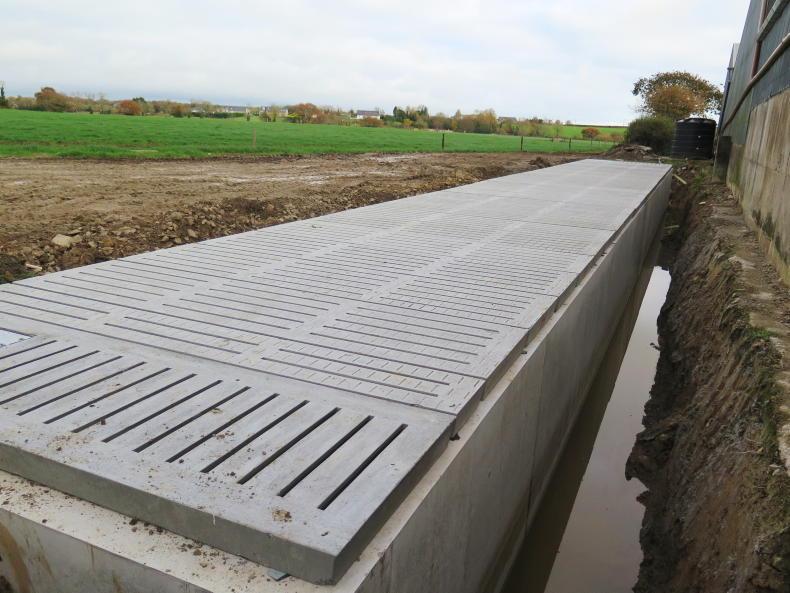
SHARING OPTIONS